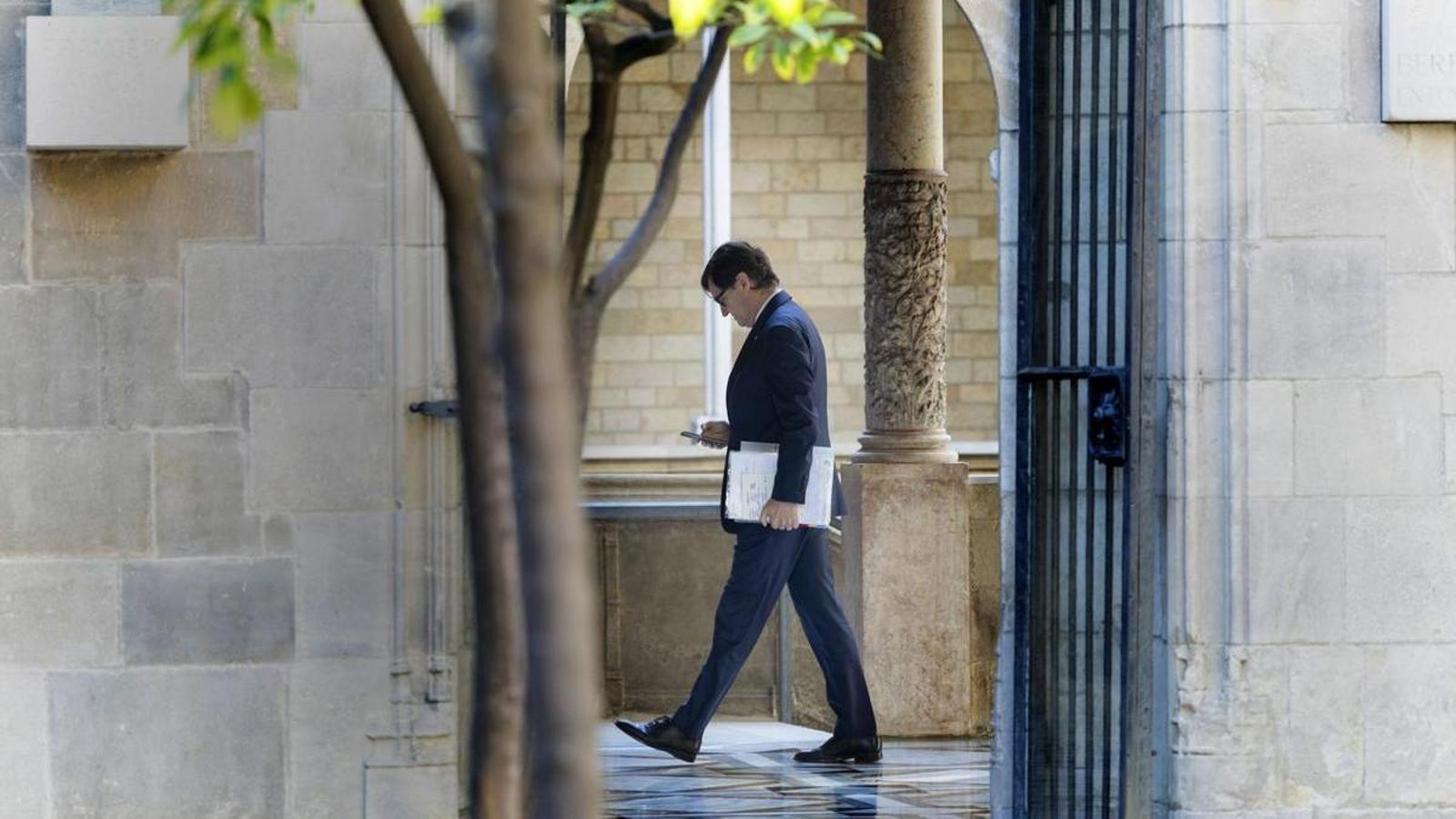

In his first year as president of the Generalitat, Salvador Illa remained faithful to his serious, paraphernalia-free style and led a management focused on the economy. And it's true that the economic data is looking good, as with the rest of the country, and that being a pillar of Pedro Sánchez's support plays in his favor. Isla's contribution to political stability has surely been one of his greatest assets. However, it is true that he has suffered some parliamentary defeats.
The new government's roadmap is an investiture pact with ERC (Republic of Catalonia) and Comuns (Comuns) that is still far from being fulfilled in terms of the main points. Financing is the clearest example. The commitment to collect personal income tax for 2025 in 2026 has been replaced by a three-year postponement, forced by the technical and human resources deficiencies of the Catalan Tax Agency. Nor has there been any progress yet in defining the model for the entire state, that is, in the distribution of resources, which is the other leg of the agreement. In this context, ERC has already stated that it will not support the budgets, either in Barcelona or Madrid.
Perhaps the most ambitious goal Isla has set for himself in the economic sphere is to surpass Madrid as the economic engine of the state. Illa uses the interview published today by ARA to send a message to the other regional presidents: we must put an end to the unfair competition and tax dumping practiced by the Community of Madrid, which acts as a vacuum cleaner for resources that impoverishes the surrounding territories, more than Catalonia. The president also hints that, when applying the ordinality criterion to regional financing, the Madrid capital effect should be taken into account because, otherwise, the community governed by Ayuso would benefit the most.
It must be said that here Isla, even if she is completely right, will come up against a wall: a political wall, because no one baron of the PP will dare to criticize Ayuso, who is currently untouchable; and also a wall of what we could call deep structures of the state or deep state, who for decades have been torpedoing with all their might and resources any attempt to transfer power from the center to the autonomous regions, and even less so in Catalonia. Just look at the Treasury inspectors' opposition to the new financing model.
In any case, the project drawn up by Salvador Illa is completely interconnected with that of Pedro Sánchez in Spain and the fragile parliamentary majority that supports him. Isla's hope is that Sánchez needs the political and economic model that Catalonia currently represents to go well in order to counter the neoliberal one in Madrid. But for that reason, significant progress must be made in self-government, for example with financing or the transfer of immigration powers, before the end of the year. Then it will be time to make a more precise diagnosis of how the legislatures stand here and there.
